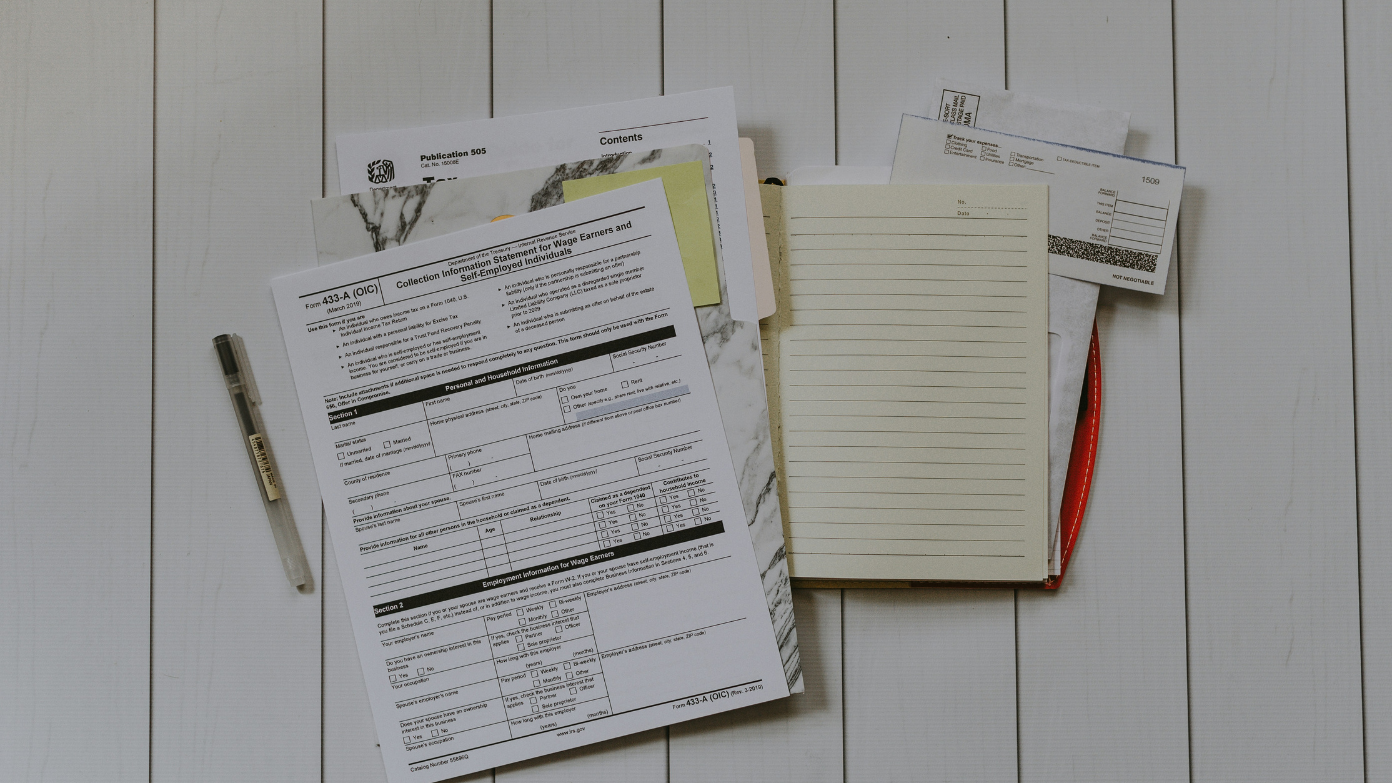With tax season just around the corner, many taxpayers look forward to their refunds, especially those receiving credits like the Child Tax Credit (CTC) and the Earned Income Tax Credit (EITC). The IRS warned that claiming those credits might result in delayed tax refunds. Let’s take a closer look at why it would happen, what taxpayers should keep in mind, and how to deal with it.
Understanding the Child Tax Credit and Earned Income Tax Credit
The Child Tax Credit is among the essential monetary perks for families with children. On that note, for the tax year 2023, up to $2,000 per qualifying child under 17 years of age may be claimed by eligible families. The credit is partially refundable; taxpayers could receive a refund if the credit exceeds the amount of taxes owed.
The other major program is the Earned Income Tax Credit, created to help the working poor and middle class. EITC is a tax credit that varies based on income, filing status, and number of qualifying children. For tax year 2023, eligible taxpayers may have a credit as much as $7,430 for families with three or more qualifying children.
Both credits are designed to lighten financial loads and help bring economic stability to families. However, claiming them tends to make the tax filing process more cumbersome, especially when it comes to refund timelines.
IRS announcement on refund delays
The IRS said this week that taxpayers claiming either the Child Tax Credit or the Earned Income Tax Credit will likely see at least some delay in getting their refunds. The reason: it is taking extra time to prevent fraud and make sure the claims for those credits are legit.
The IRS has added extra screening to returns claiming these credits to fight frauds that have increased in recent years. When the IRS does process returns claiming CTC or EITC, it therefore may take longer than usual to issue refunds.
Reasons for delays
There are a number of contributing factors that make potential delays for tax refunds unavoidable for those who claim CTC or EITC:
- More fraud prevention measures: There has been more scrutiny by the IRS on fraudulent claims with these credits; that means additional verification steps can slow processing times.
- Complex claims rules: Rules for CTC and EITC can be very complex, and even mistakes or omissions in the return may generate further review and delays.
- Volume of claims: The IRS receives millions of returns during tax season that claim these credits. This alone can create backlogs relative to processing times.
- Filing errors: It is the simple mistakes like the wrong Social Security number, improper reporting of income, which send the tax return into additional screening and result in a delay of refund.
Things every taxpayer should know
Claiming either the Earned Income Tax Credit or Child Tax Credit involves a few special considerations for the taxpayer:
- File early: It is always safe to file one’s tax return early. Filing early gives you less potential for delay, as the IRS typically starts to process returns sometime in late January. The sooner you file your return, the sooner you should receive your refund.
- Be accurate: Check your information before submitting your tax return. This includes making sure all Social Security numbers are correct and that you fall into all the thresholds for claiming CTC and EITC.
- Direct deposit: Your refund will, in all probability, be sooner with direct deposit than waiting on a paper check in the mail.
- Track your refund: Taxpayers can follow the status of a refund with the IRS “Where’s My Refund?” tool. This online tool offers processing times and estimated dates for those who file electronically.
Effects on families that depend on these credits
CTC and EITC are financial supports that many families, and more so the low-income ones, help pay for everyday items. Delayed receipt of these refunds may bring great challenges to households relying on timely payments for budget management.
Therefore, the families have to plan accordingly, including some disturbances that delayed refunds may bring about and may be softened by setting aside emergency funds or exploring short-term financial assistance options.
Read more: IRS announces date when it will begin accepting 2024 tax returns – The day is coming for millions of Americans
Read more: USCIS to send $580 refund to 100,000 undocumented immigrants – Here’s how to find out if you’ll get your payment this 2025
